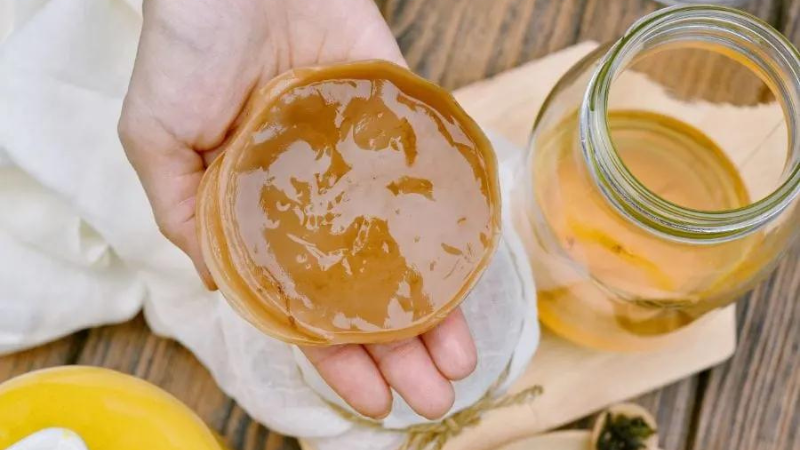Simple Ways to Use Extra SCOBYs & Can You Grow Your Own SCOBY – Looking to make the most of your surplus SCOBYs? We’ve got you covered with these ingenious 10 ways to utilize those extra SCOBYs effectively. Whether you’re a seasoned kombucha brewer or a curious newbie, these creative ideas will help you repurpose your SCOBYs in exciting and practical ways. Additionally, we’ll delve into the question of whether you can grow your own SCOBY, shedding light on the process and its feasibility.
10 Ways to Use Extra SCOBYs
SCOBY Fruit Snacks
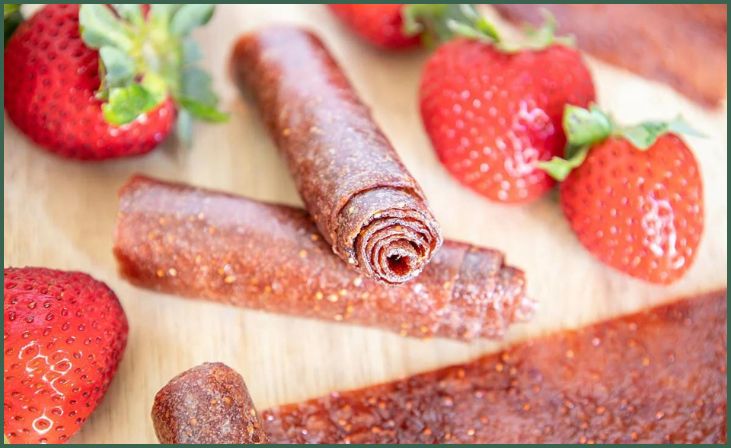
If you find yourself with surplus SCOBYs, consider turning them into delicious and healthy fruit snacks. With a simple infusion of your favorite fruit flavors, these snacks can provide a satisfying and nutritious treat. The natural tanginess of the SCOBY can complement the sweetness of the fruits, creating a unique and flavorful snack option that is both refreshing and nourishing. It is the first method on our list of 10 Ways to Use Extra SCOBYs.
SCOBY Jerky
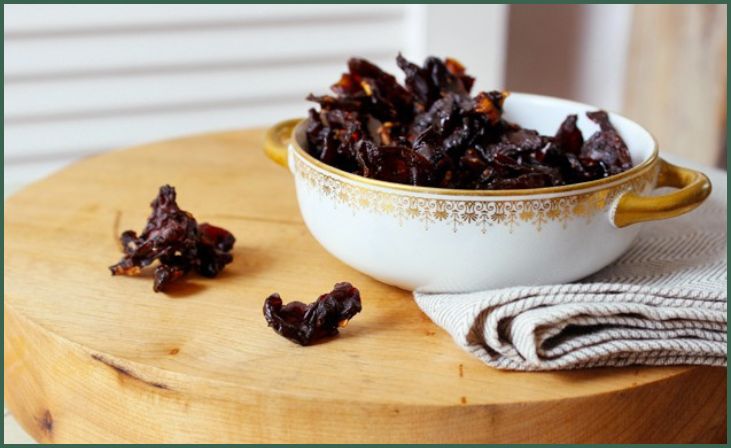
Experimenting with your surplus SCOBYs can lead to the creation of an unconventional yet savory snack. Marinate thinly sliced SCOBY pieces in a blend of spices to infuse them with rich and bold flavors. Once marinated, drying the slices results in a unique and nutritious jerky. The chewy texture and tangy taste of the SCOBY can provide a distinctive twist to the traditional jerky experience, offering a snack that is both satisfying and packed with probiotics. It is the second method on our list of 10 Ways to Use Extra SCOBYs.
Also Read: Different Kefir Recipes
SCOBY Face Mask
Incorporate your surplus SCOBYs into your skincare routine by creating a rejuvenating face mask. Blend the SCOBYs with natural ingredients like honey and essential oils to provide your skin with a refreshing and revitalizing experience. The probiotic properties of the SCOBY can help promote a healthy skin microbiome, while the soothing elements can leave your skin feeling nourished and rejuvenated.
SCOBY Pet Treats

Extend the benefits of SCOBYs to your furry companions by including them in homemade pet treats. By incorporating SCOBYs into your pet’s diet, you can provide them with a natural and probiotic-rich supplement. These treats can not only offer a flavorful snack but also contribute to your pet’s overall well-being by supporting their digestive health and immune system.
SCOBY Vinegar
Instead of discarding surplus SCOBYs, consider cultivating your own SCOBY vinegar. Allow the SCOBYs to ferment in a mixture of water and alcohol to create a tangy and versatile vinegar. This homemade vinegar can be used in various culinary applications, adding a distinct and complex flavor profile to your dishes. With its probiotic content, SCOBY vinegar can also offer potential health benefits.
SCOBY Sourdough Starter
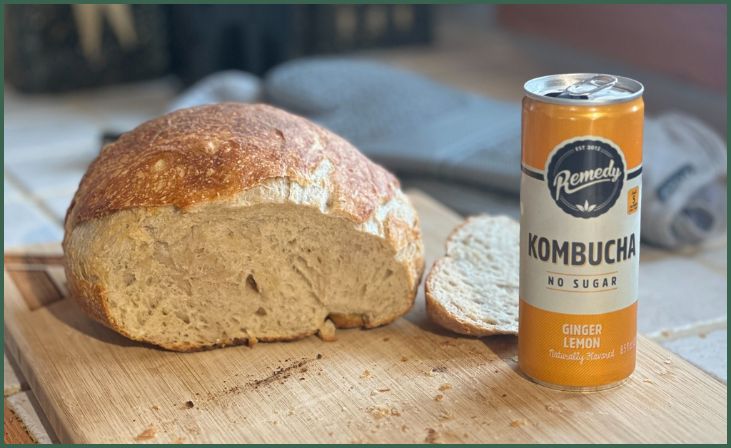
Take your baking endeavors to the next level by incorporating SCOBYs into your sourdough starter. By introducing SCOBYs to the fermentation process, you can infuse your bread with an additional layer of complexity and a boost of probiotics. The SCOBY can contribute to the development of a unique and flavorful sourdough, providing a nutritious and gut-friendly option for your baked goods.
SCOBY Candy
Satisfy your sweet tooth in a healthy way by preparing SCOBY candy. This delightful confection is created by combining SCOBYs with sugar and various flavors, offering a wholesome alternative to traditional sweets. The natural tanginess of the SCOBY can provide a unique twist to the candy’s taste, creating a treat that is not only delicious but also packed with probiotics and nutrients.
SCOBY Smoothies
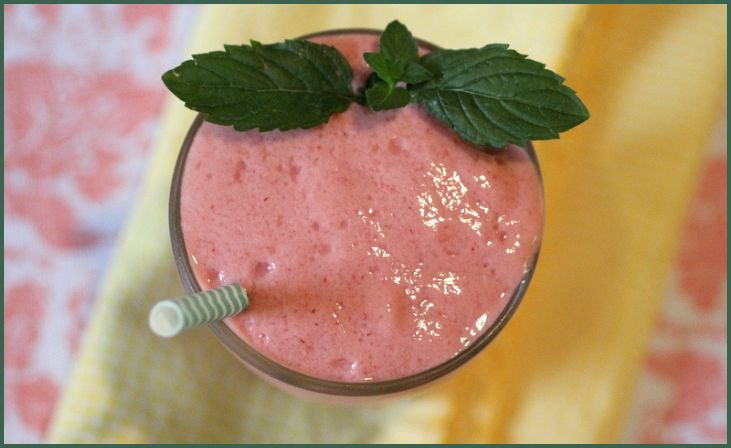
Start your mornings on a healthy note by incorporating SCOBYs into your smoothies. By adding SCOBYs to your favorite fruit and vegetable blends, you can introduce a probiotic twist to your daily beverage. The tangy and effervescent nature of the SCOBY can complement the flavors of the smoothie, creating a refreshing and nourishing drink that supports your gut health and overall well-being.
Don't just scroll, subscribe!
BuzzTrail's unique web-stories are the cure for boredom you've been waiting for.
Also Read: How to Make Kombucha
SCOBY Fertilizer
Repurpose your surplus SCOBYs as a nutrient-rich fertilizer for your plants. By incorporating SCOBYs into your garden, you can promote healthy growth and enrich the soil with natural and eco-friendly elements. The SCOBYs can contribute to the soil’s microbiome, providing essential nutrients and fostering a balanced and thriving environment for your plants to flourish.
SCOBY Art Projects

Explore your creative side by using SCOBYs as a medium for various art projects. Whether it’s creating unique sculptures, designing jewelry, or crafting textured collages, SCOBYs can add an organic and distinctive touch to your artistic endeavors. The flexible and resilient nature of the SCOBY can lend itself to various forms of artistic expression, allowing you to experiment and create visually appealing and environmentally friendly artwork. It is the last method on our list of 10 Ways to Use Extra SCOBYs.
Can You Grow Your Own SCOBY?
Certainly, you can grow your own SCOBY at home with a few basic ingredients and a little patience. Creating a SCOBY from scratch involves utilizing a combination of black tea, sugar, and a small piece of an existing SCOBY or a commercially bought kombucha.
The process typically begins by brewing a strong batch of sweetened black tea, which serves as the nutrient-rich environment for the SCOBY to develop. Once the tea has cooled, it’s essential to introduce the existing SCOBY or kombucha as a starter culture to kickstart the fermentation process.
Over the course of several days to weeks, the SCOBY will gradually form on the surface of the liquid, resembling a rubbery and slightly translucent disc. Regular monitoring and maintenance of the brewing conditions, such as maintaining the appropriate temperature and avoiding contamination, are crucial for the successful cultivation of a healthy SCOBY.
With proper care and attention, growing your own SCOBY can be a rewarding and accessible experience, allowing you to delve deeper into the fascinating world of kombucha brewing and fermentation.
Also Read: Kefir Helps Non-Alcoholic Fatty Liver Disease
Conclusion
Don’t let those excess SCOBYs go to waste! With these 10 innovative ideas, you can now transform your surplus SCOBYs into valuable resources, enriching your daily life in surprising ways. From culinary experiments to eco-friendly solutions, there’s a world of possibilities waiting to be explored with these versatile cultures. So, get creative and make the most of your SCOBY surplus today!
FAQs
Can you grow your own SCOBY?
Can you grow your own SCOBY?
Yes, you can easily grow your own SCOBY at home with some basic ingredients and a little patience. Creating a SCOBY from scratch involves utilizing a combination of black tea, sugar, and a small piece of an existing SCOBY or a commercially bought kombucha. The fermentation process allows the formation of a new SCOBY over time.
What are some creative ways to use extra SCOBYs?
What are some creative ways to use extra SCOBYs?
There are numerous inventive ways to make use of surplus SCOBYs, such as crafting SCOBY fruit leather, SCOBY jerky, SCOBY face masks, or even using them in your garden as a natural fertilizer. You can also experiment with making SCOBY-based skincare products or feeding them to your pets for potential health benefits. The possibilities are endless when it comes to repurposing these resilient cultures.

